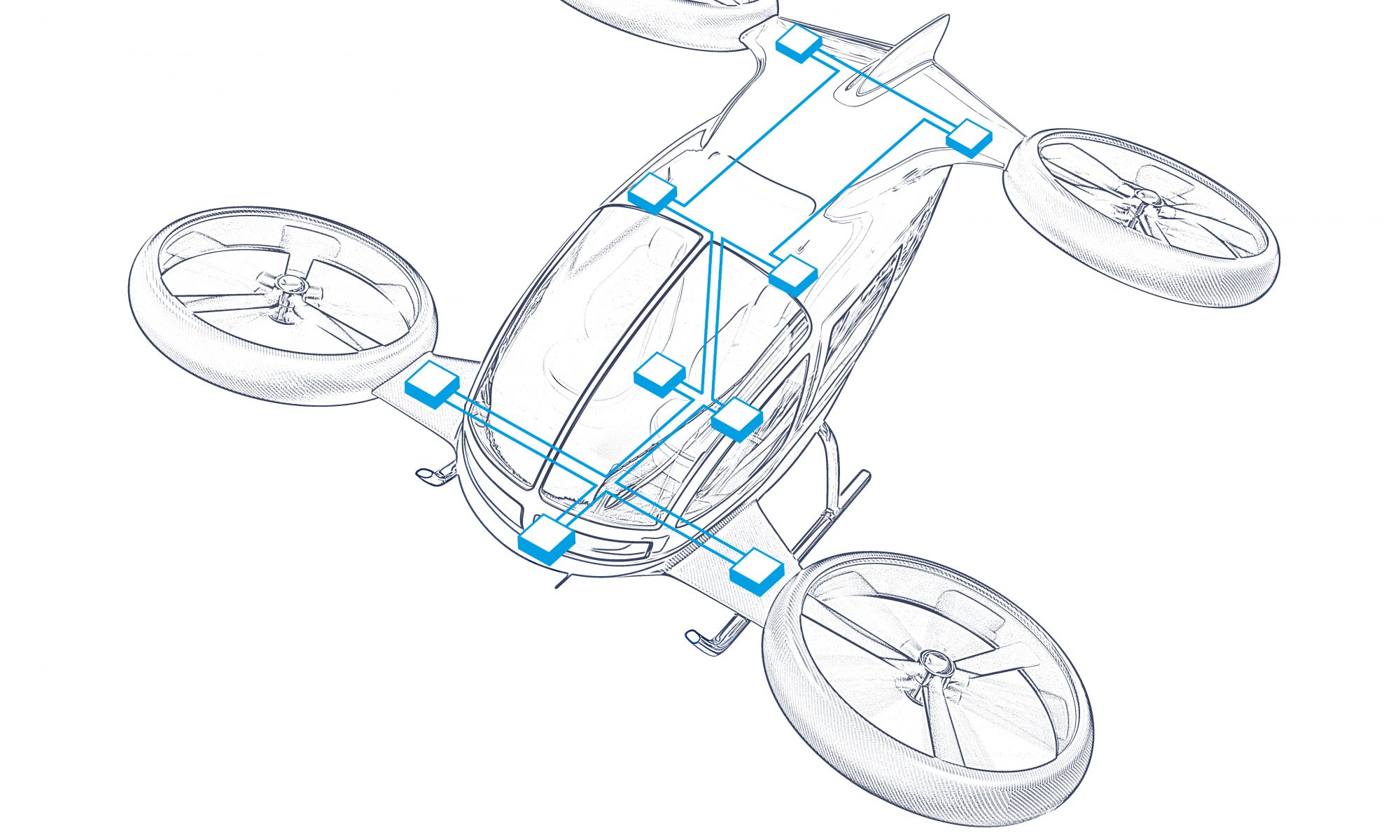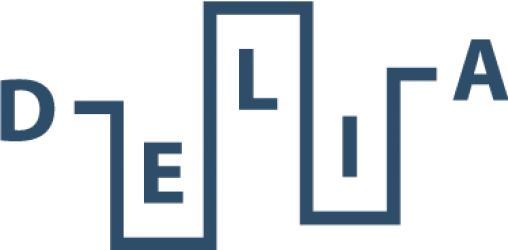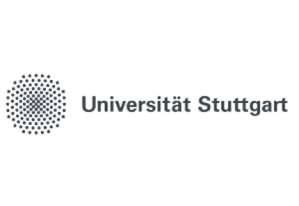Motivation
Autonomous vehicles and aircraft can fundamentally impact urban mobility in the future. However, to realize innovative mobility concepts, multiple research questions need to be answered. Today’s electronic components for mobility applications consist of various proprietary, isolated systems which use different communication channels. These channels are often incompatible and are unsuitable for future needs in regards to bandwidth, real time capability and interoperability. This structure slows new developments because information cannot be shared easily between hardware components and hinders a common software development.
Goals and Approach
In order to realize these technological challenges for safety and time critical applications, communication systems with high data rates and little latency which are based on open industry standards need to be identified. A modular, decentralized communication and processing platform will be developed in order to ensure the targeted flexibility and determinism. This DELIA platform consists of separated modules which and connected through a real time capable fiber optics backbone with data rates up to 25 Gbit/s. Each module is based on multi core processors and FPGA (Field Programmable Gate Array) technology to guarantee a well-defined and reproduceable data processing behavior. The modules include functions for data transport as well as custom applications for attached control devices, sensors and actors. In the test setup the various functionalities will be demonstrated and tested.
Innovation and Outlook
An autonomous aircraft and vehicle, such as imagined in the Pop.Up Next concept by Airbus, Audi and Italdesign, allows a flexible dual use of passenger or cargo compartments which can be attached to driving or flying transport platform during their journey. The DELIA platform can provide an essential step towards realization of this concept. The competences of the consortium will be used to develop the DELIA platform and through workshare with the two universities, the innovation capabilities of the highly specialized SME (small and medium enterprises) will be increased.






